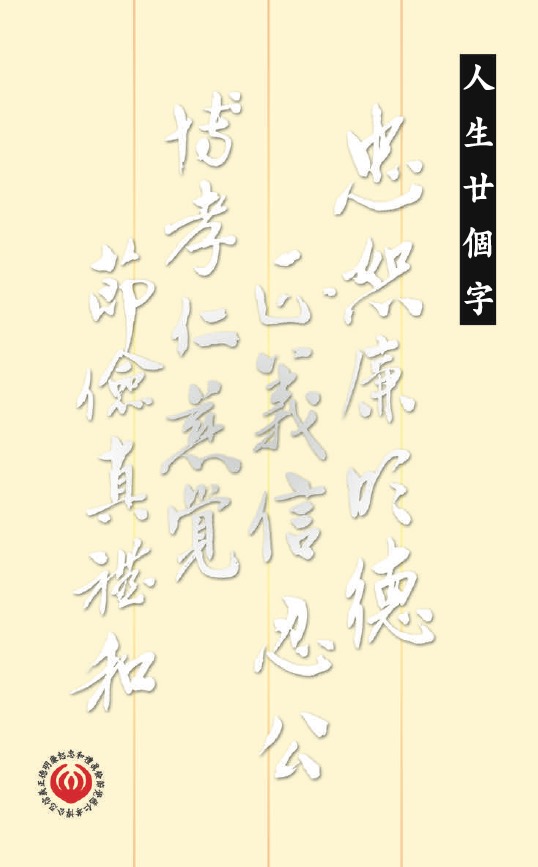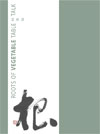- 信箴
- XIN (Trust)
| 君子之道 | 失信不立 | 信不由衷 | 質亦無益 |
| 閑邪存誠 | 然諾勿輕 | 實事求是 | 蠻貊猶行 |
君子之道 失信不立 才德過人,謂之君子。君子處世之道,必誠篤不欺,有约必踐,方可保全信用。若是無信,一不能立德, 二不能立功,三不能立言,不能立德立功力言, 不獨不能成為君子,即平常之人,亦不能在社會上立足。
O (論語)「民無信不立。
信不由衷 質亦無益 若信不由自己心中發出,必無誠實之語言文字,雖以契約為質,必不能踐,故無益於事。
O (左傳)信不由衷,質亦無益。
閑邪存誠 凡受人之託,當防其有無邪惡之念,而自存其誠實方可。
O (易)「閑邪存其誠。閑,防也。
然諾勿輕 如事所不應為者,或己之才力不勝任者,勿輕相允諾。一經允諾,必應踐言。
O (史記)「此固趙國立名義不輕為然諾者也。 然諾,允許也。
實事求是 果能言行不欺,實事以求其是。
O (漢書)「河間獻王脩學而好古,實事求是。
蠻貊猶行 雖在蠻貊之邦,猶可行其信用。
O (論語)「言忠信,行篤敬,雖蠻貊之邦行矣。
Without XIN (trust), there is no foundation in society (A) for honorable people. Contracts made with a party that has no intention of carrying out the terms are useless. Whenever you undertake to do something, look out for others’ malicious intentions, but, at the same time, see to it that your own intentions remain sincere and truthful. Never make an impulsive promise unless you are certain you can keep it. Sincerity and trustworthiness go a long way even in the wildest of tribes (B).
NOTES:
(A) Confucian Analects: “If the people have no faith in their rulers, there is no foundation for the state.”
(B) Confucian Analects: “Let his words be sincere and truthful, his actions honorable and careful – such conduct may be practiced even amongst the wildest of tribes.”

